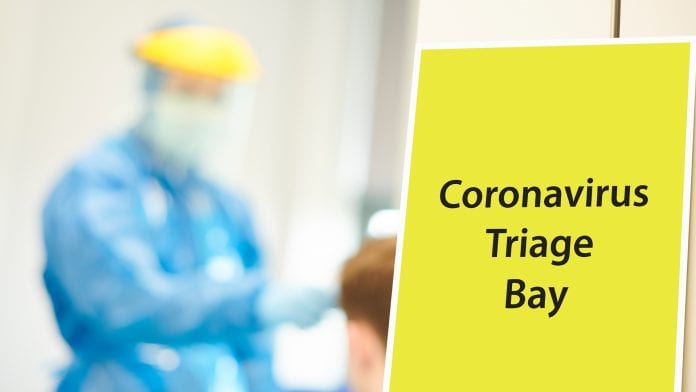
Three new diagnostic kits have been launched to help with the diagnosis of COVID-19 and other respiratory illnesses.
BATM, a leading provider of real-time technologies for networking solutions and medical laboratory systems, has announced the launch of three new diagnostic kits to significantly advance the diagnosis of COVID-19 and other respiratory illnesses.
The three tests include a COVID-19 serologic test, upgraded to measure the quantity of antibodies in the blood rather than just the presence or absence, a COVID-19 antigen test, upgraded to detect spike (S) gene to enable diagnosis of COVID-19 in people with low viral loads, increasing testing accuracy, and a new molecular diagnostics test developed to rapidly identify the specific respiratory virus or bacteria in someone presenting with symptoms of, or suspected to have pre-symptomatic respiratory illness.
COVID-19 serologic test
The Group’s serologic test for the detection of COVID-19 antibodies has been advanced to be able to measure the quantity of antibodies in the blood rather than just identifying their presence or absence (qualitative test). The upgraded test measures both IgM antibodies, which are produced a few days after infection and remain in the blood for a short period, and IgG antibodies, which are longer-term (produced a few days after infection and remain in the blood for a few months) antibodies.
This upgraded test was developed by the group in response to the growing amount of medical research suggesting that the volume of antibodies in the blood of someone who has recovered from COVID-19 is low and declines.
The test is designed to support public health authorities and individuals in making informed decisions by knowing the potential level of immunity based on the volume of antibodies detected and their deterioration over time. As such, it is an important tool for estimating herd immunity and the efficiency of future vaccines.
COVID-19 antigen test
The Group has expanded the gene discovery capability of its COVID-19 antigen test to five and, importantly, to include the spike (S) gene. The S gene is the protein that the virus uses to invade human cells. It is present in a person’s blood even if they have a very low viral load of COVID-19 (which might otherwise go undetected). As a result, by being able to detect the S gene, this test can provide more accurate results, reducing the risk of false positives and false negatives.
Reducing false negative results will prevent missing real cases, especially those in the early stages of infection, who could unknowingly spread the infection. At the same time, reducing false positive results will avoid the needless quarantining of people who have not actually been infected.
Molecular diagnostics test
The molecular diagnostics kit is able to test for multiple respiratory pathogens at the same time. In less than an hour, it can identify the particular cause (pathogen) of a respiratory illness, enabling the correct treatment or action to be rapidly implemented. It can identify and differentiate between all prominent respiratory viruses, including all strains of COVID-19, flu, and the common cold. It can also detect the bacteria that cause the serious pulmonary illnesses that are believed to be a secondary infection of COVID-19, such as pneumonia and Legionnaires’ disease. This new kit was developed in collaboration with academics at Tor Vergata University in Italy.
Dr Zvi Marom, Chief Executive Officer of BATM, said: “I am delighted to be introducing these three new diagnostic kits that place us at the forefront in the fight against COVID-19. Accurate diagnostics is the only tool that exists that can enable a transition towards normality as we continue to live in the presence of the pandemic. We believe that our new kits can provide a vital resource for public health authorities and we are greatly encouraged that we have already received requests to receive these tests immediately once released.”









